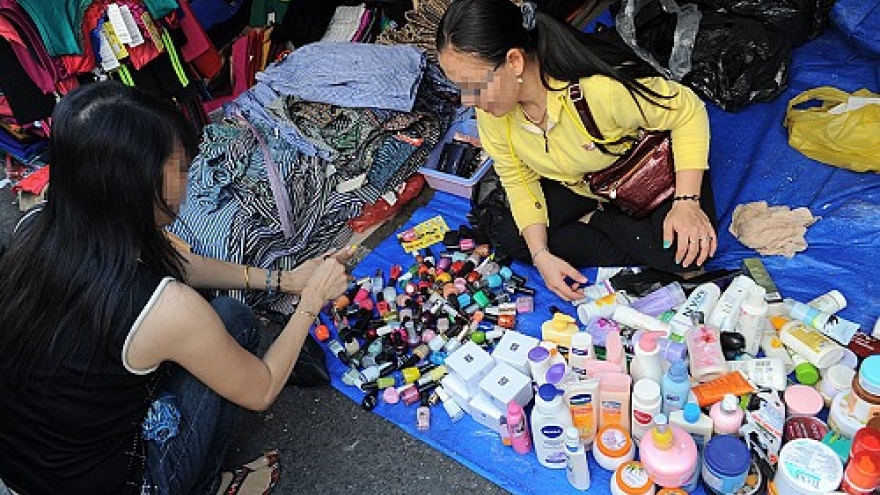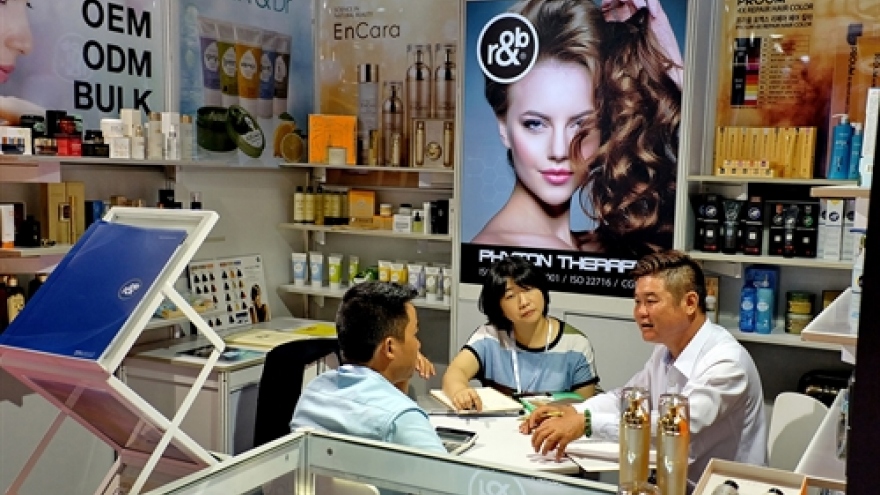Cosmetics industry getting a green makeover
VOV.VN - Though relatively small, having generated only US$652 million in total sales last year, rising middle-class disposable incomes are feeding strong growth in the Vietnam cosmetics market.
 |
The larger cities of Hanoi, Ho Chi Minh City and Danang have an increasing demand for cosmetics and for a business with creative e-commerce talent the opportunities and potential are endless.
All the famous foreign brands are running in the industry and it’s a highly competitive marketplace. Indeed, over 80% of the country’s cosmetics market is dominated by foreign brands.
Changing Vietnamese consumer demand
The fact that foreign brands rule the market can be explained by the fact that the country’s consumers pay more attention to the quality and health repercussions when buying cosmetics than they do other consumer goods.
The big and famous foreign companies can provide the safety required by consumers. Their reputation is a strong selling point in Vietnam and it’s very important for them to keep it clean.
The western multinational companies are not as confident about the future as they once were, however, say the analysts. They know that the country’s consumers are more and more attracted by brands from the Republic of Korea, which are more suited to Asian complexions.
Seductive market
According to market research service Asia Plus, there is a rising opportunity in the male cosmetics market in the Southeast Asian nation, which is actually growing at a faster rate than the female market.
Nearly 30% of women surveyed use make-up every day and another 23% use it on special occasions. Around 44% of women spend US$9 on cosmetics per month while 80% of women under the age of 29 spend US$14.
Taking into consideration that Thai women next door to Vietnam spend on average US$20 per month on make-up – and the tens of millions of women in the country – it’s easy to see the green in the market in terms of both revenue and profits, say analysts.
Today, around 75% of cosmetic products in Vietnam are distributed by supermarkets and other brick and mortar establishments.
However, there is an evolution of Vietnamese purchasing habits brought about by the advent of e-commerce (or m-commerce), resulting in more and more consumers purchasing cosmetics online.
The Vietnamese cosmetic industry, with a current annual growth rate of approximately 20%, is an untapped goldmine, say the analysts, holding out great potential for entrepreneurs with the savvy to seize the opportunities it presents.



